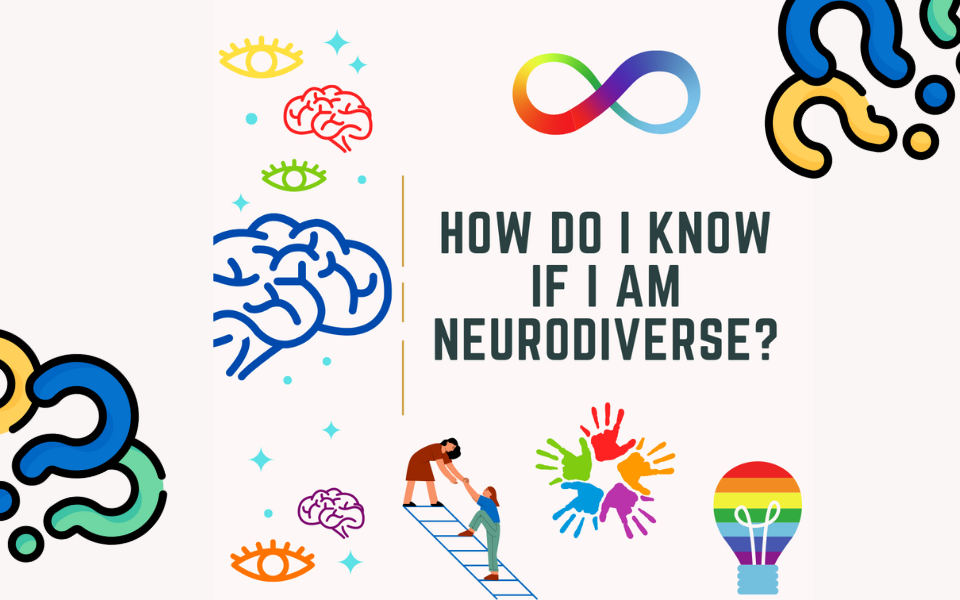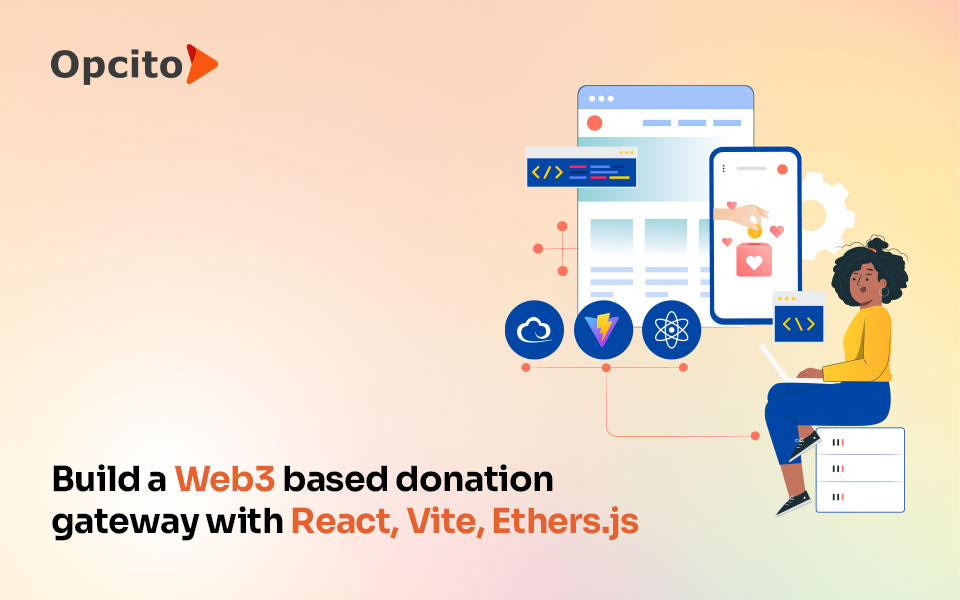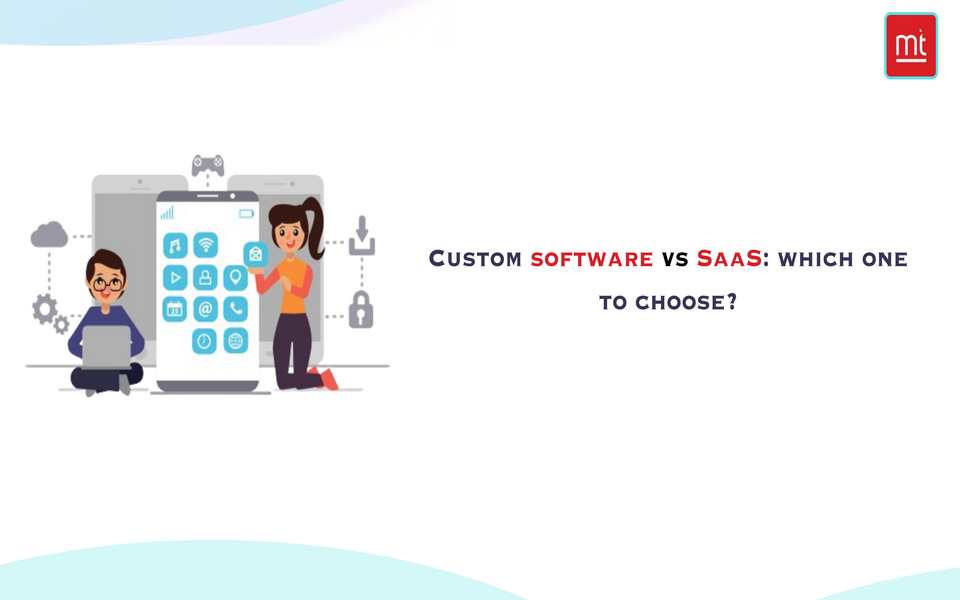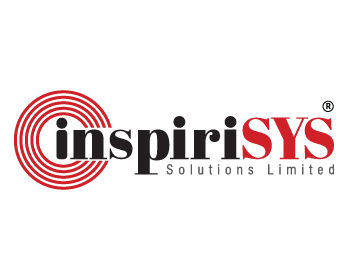We know that communication is key to successful customer engagement and retention. Considering its importance for a business, if you plan to build a chat app, you have two options: develop the chat application successfully from scratch or use ready-made chat SDKs and APIs to get the job done faster and integrate top-notch features into existing web, Android, and iOS applications in minutes.
Just not these, the latter solution helps developers enhance their apps' communication features, build apps on any platform, and provide other attributes that users love. So, what is a chat SDK, what are the real-time components that help add chat abilities, and how do you choose the right instant messaging SDK?
Understanding Chat SDKs
Before we delve deeper into the blog on how beneficial chat SDKs are and their key features, first things first - what is a chat SDK?
A chat SDK is a set of pre-built libraries and components to help developers integrate advanced messaging features into existing chat software without or with minimal codes. Plus, the prime benefit of using messaging SDK is that it can power real-time communication like text, audio, and video within apps.
Core Components of a Chat SDK
Inside an SDK, there exist a few components that work together to add communication like:
1. API: Also called Application Programming Interface, they are the building blocks that allow apps to send and receive messages so that users experience a smooth data flow.
2. UI kits: These are pre-defined or pre-made elements that developers can use to quickly build chat bubbles to user lists to other features that take hours for implementation.
3. Backend services: These services do the heavy lifting meaning which means that messages are stored and delivered securely without any hassles.
How Chat SDKs Enhance App Communication
It was earlier when communication within apps was a nightmare but with chat SDKs, communications have transformed completely.
1. Seamless integration
It is difficult to build chat apps from ground zero as it can be complicated and time-consuming. But thanks to in-app messaging SDKs that act like a plug-and-play system, developers can seamlessly integrate the best features into Android or iOS chat apps in minutes without reinventing the wheel.
2. Real-time messaging
With real-time chat SDKs, users can send and receive messages quickly, thus improving the overall experience. And for customer support solutions, real-time chat features can significantly enhance satisfaction and engagement rates.
3. Scalability
You need a chat SDK that can scale when your business grows, meaning when your user base increases, your messaging software should not blow up and instead handle thousands of users chatting at once without showing a drop in performance.
4. Customization
Users love when they get a personalized experience, and hence, your choice of chat SDKs should offer limitless customization capability that would help you tailor elements like UI, chat themes, bot interactions, widgets, layouts, and much more. Also, look for providers who help you build a White-label chat app with their APIs and SDKs.
5. Security and compliance
This is the era of digitalization, and hence, data breaches have become quite common. As a result, businesses extensively adopt security and privacy parameters to keep their app data safety in check. Chat SDK providers understand this concern and add sturdy encryption techniques to their APIs, which also make them compliant with industry regulations like HIPAA or GDPR.
Key Features of a Chat SDK
Now that we have focused on the essential part of chat SDKs, it is time to discuss features that enhance the user experience and give businesses the tools to boost customer engagement.
1. Single and group chats
Allows users to engage in one-on-one and group chats from any platform for seamless conversations.
2. Multimedia sharing
Chat SDKs allow developers to add multimedia features that help them send pictures, videos, and voice messages to make conversations more interesting and affluent.
3. Typing indicators and read receipts
Displays whether the other users are typing within the conversation window and helps users track the delivery status of their messages in private or group chats.
4. Push notifications
Users can be alerted immediately when they receive a message or a call to avoid missing out on meaningful conversations.
5. Chat moderation and AI filters
With AI-powered filters and moderation tools, businesses or chat admins can flag and filter inappropriate content in real-time so that users have a safe experience.
Use Cases of Chat SDKs in Different Industries
If you think that chat SDKs are used only for fostering connections into social media apps or for casual chatting, then that is not the case, as messaging APIs are making waves in several sectors. Let us take a look at how these SDKs are used across industries in the section below:
Social Media & Communities
Whether it is to promote one-on-one chats or a group conversation within a social media app, messaging SDKs help users connect, share, and build communities on the go and keep the conversation flowing smoothly.
Healthcare
Chat SDKs help to add features like single chats, group chats, push notifications, file sharing, and other collaboration features that help doctors and patients connect virtually, share medical information securely, and send multimedia scan files within the chat system.
E-commerce and customer support
We know that a customer support capability can either make or break your business, and if you have used chat SDKs in this field, then your customers can chat securely and instantly with agents, ask questions, and resolve issues then and there, thus improving customer satisfaction rates.
Gaming
Gaming zones or gaming apps rely heavily on communication. Developers use chat SDKs to add messaging capability so that multiplayer stays connected during the game or converses typically over chat. These attributes help enhance the social factor of gaming.
Education or e-learning
Most businesses use chat SDKs for iOS and Android apps to allow students and staff or instructors to communicate in real-time, ask questions, share documents, and collaborate well, thus making the learning process smoother and more interactive.
6. Choosing the Right Chat SDK for Your App
The market is filled with myriads of in-app messaging SDK providers, making it tricky for experts to choose the ideal solution for their apps. Therefore, below are a few factors to consider before opting for the right provider:
1. Platform compatibility: Ensure that your choice of SDK works well with iOS and Android platforms or any medium your users would use.
2. Scalability: Always give a nod to the chat SDK provider that can grow as your business expands so that it can easily support any volume of data.
3. Customization Options: Choose an SDK provider that would give you more control over the user interface and features so that you can build the app that best suits your business needs.
4. Security: Usually prioritize SDKs that provide robust messaging and security features as your app will handle all sensitive data, and any content leak can damage the integrity and harmony of the app.
5. Cost: Some SDKs are free, while others charge a specific fee for using a particular feature. So when you decide on this factor, look into the budget properly.
Comparison of Top Chat SDK Providers
As I said, there are several chat SDK providers in the market, and some of the best of them are listed below:
1. Cometchat: One of the industry's leading in-app messaging API providers. It offers a notch voice call solution and a WebRTC-enabled video calling feature accepted by big and small industries. Some of the eminent features include 1-to-1 text, group chats, voice calling, and video calling.
2. Sendbird: Sendbird is a highly scalable in-app chat SDK provider exceptionally known for easy end-to-end encryption and data protection. Along with this, it also offers real-time chats, group chats, global translation, image filtration, and other features that are best in the market.
3. Quickblox: Quickblox is a leading white label chat SDK provider that caters its services to various other sectors. It gives a simple UI with flexible data storage and integration with user management platform capabilities.
4. MirrorFly: MirrorFly is one of the industry's CPaaS and self-hosted solutions developers prefer for its 100% customization and notch 1000+ call and chat features. Their chat SDKs and APIs also offer topic-based chats, multi-tenant servers, pre-built UI kits, and much more.
5. Apphitect: It is a 100% customizable instant messaging SDK provider that renders unique messaging experiences while offering features like social interaction, offline messaging, and real-time chats. You can add functional features to chat software quickly, and Apphitect also supports unlimited storage and self-cloud hosting options.
The Bottom Line
Trust me, integrating a chat SDK into applications or software can be a total game-changer. Because whether you are building a social media platform, an e-commerce site, or an e-learning app, adding instant messaging capabilities is becoming the norm. Hence, developers are looking for a real-time chat SDK or a mobile chat SDK to add exquisite features and give users a seamless and secure messaging experience.
























